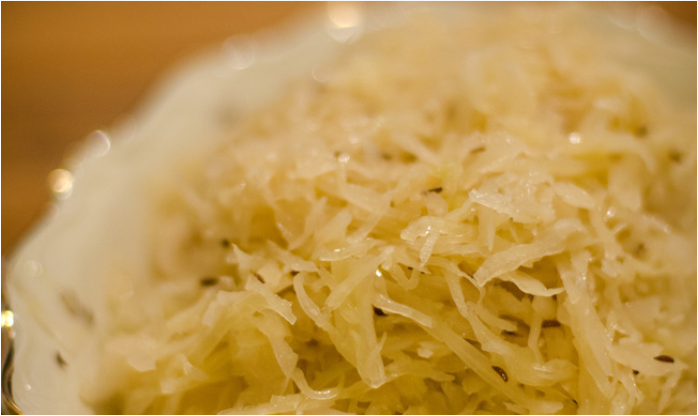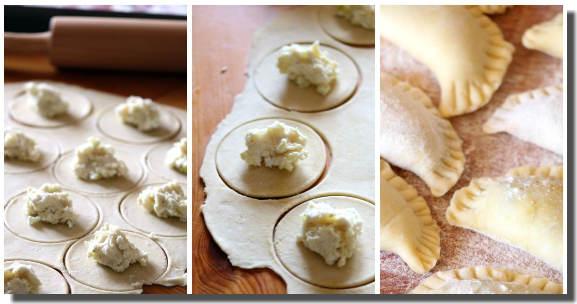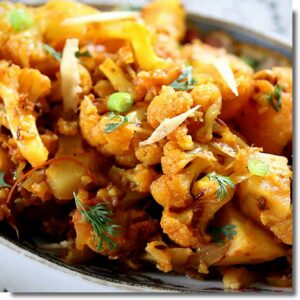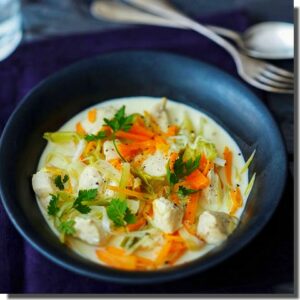Sauerkraut is cabbage cut into strips that have undergone lactic fermentation in brine.
It’s a dish eaten in many countries around the world, from China to Russia, Luxembourg and Germany.
In France, choucroute garnie is one of the symbols of Alsatian cuisine. Convivial and generous, it refers to a dish composed of sauerkraut, bacon, sausages and potatoes, enough to cope with winter temperatures!
Sauerkraut is therefore a lacto-fermented vegetable. It is rich in vitamins, especially B (including B12), C and PP, as well as minerals (potassium, calcium and magnesium). It has a positive effect on intestinal flora, which it helps to regenerate by providing probiotics. It’s packed with soft fibers that are easy to digest and facilitate transit. Low in calories, with only 30 kcal/100 g (raw), it has a very high satiating power. Its slightly sour taste is enhanced by salt, cloves or pepper.
It boosts the immune system, balances intestinal flora, regulates intestinal transit and combats fatigue.


 Made by hand as Polish grandmothers have always done, with
Made by hand as Polish grandmothers have always done, with
